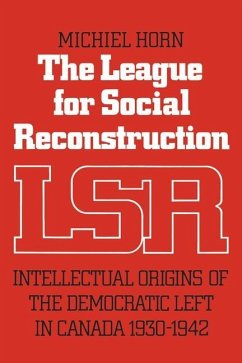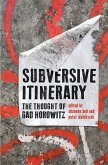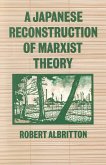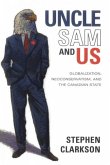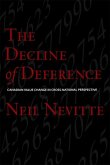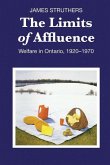In 1931-2 the first organization of Canadian left-wing intellectuals was founded. Led by historian Frank Undergill of the University of Toronto and law professor and poet Frank Scott of McGill University, the League for Social Reconstruction was critical of industrial capitalism and called for basic social and economic change through educational activity and parliamentary and constitutional channels. In the first history of this unique organization Michiel Horn outlines the League's aims and accomplishments and its ideological influence on the CCF and the NDP. Initially, the LSR avoided the term 'socialism' and remained uncommitted to any political part, although its choice of J.S. Woodsworth as honorary president made its sympathies clear. When, not long after the LSR's establishment, the CCF was founded, many League members joined it. An attempt to link the LSR openly with the CCF failed, but the League soon became known as the CCF's 'brain trust,' and the manifesto and programme adopted by the party in 1933 clearly reflected the influence of the LSR members. The League's own democratic socialist ideas were most fully stated in Social Planning for Canada (1935), Democracy Needs Socialism (1938), and in the pages of the Canadian Forum, acquired by the LSR in 1936.With the disillusionment of the later 1930s, the distraction of the war, and, most of all, the increased support enjoyed by the CCF after 1940, the LSR disappeared as a formal organization, but its ideas shaped a political tradition which found expression in the CCF and later the NDP.
Dieser Download kann aus rechtlichen Gründen nur mit Rechnungsadresse in A, B, BG, CY, CZ, D, DK, EW, E, FIN, F, GR, HR, H, IRL, I, LT, L, LR, M, NL, PL, P, R, S, SLO, SK ausgeliefert werden.

